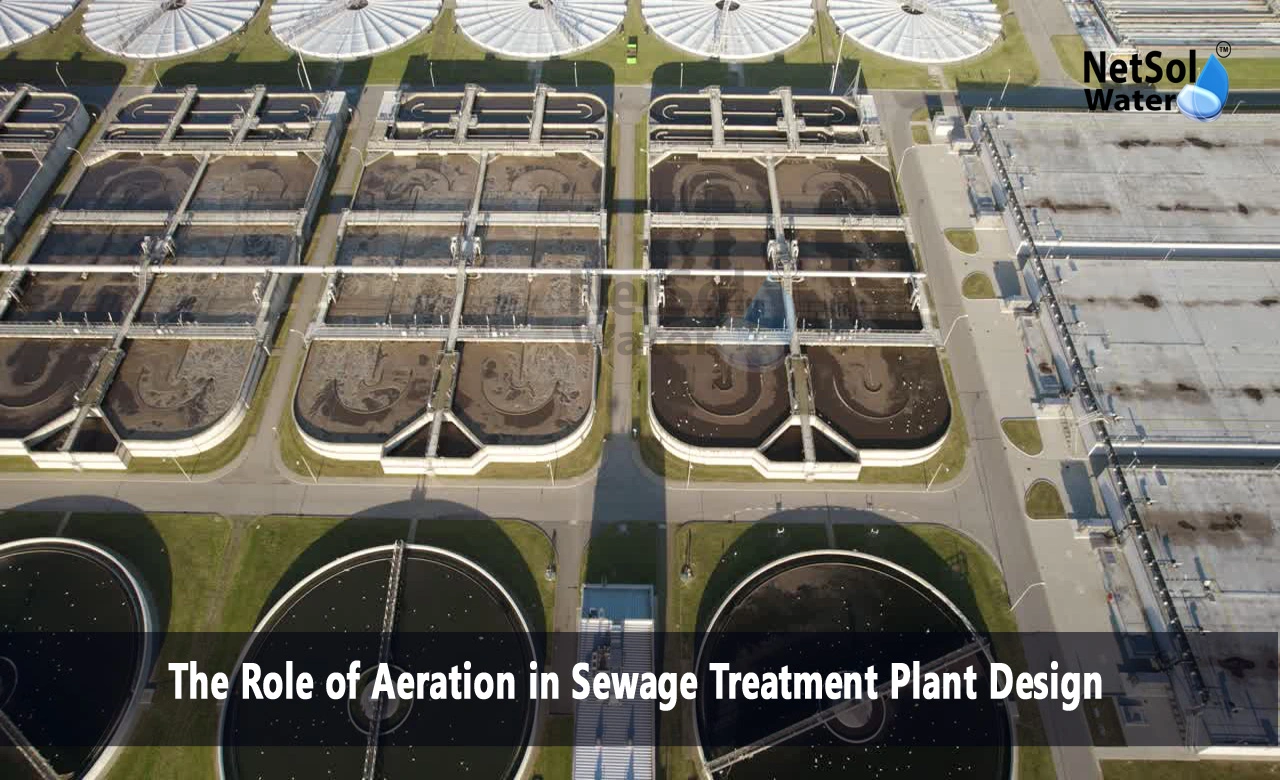What is the Role of Aeration in Sewage Treatment Plant Design?
In managing wastewater, sewage treatment plants are extremely important for cleaning up contaminated water before it goes back into the environment. Among the methods used in STPs, aeration is key for breaking down organic matter.
Aeration adds oxygen to the wastewater, creating an environment where aerobic bacteria can grow and break down organic pollutants effectively. This reduces harmful substances and helps control odors, improving water quality overall.
Understanding Sewage Treatment Plant
Wastewater comes from homes, industries and businesses, carrying various pollutants like human waste and chemicals. Sewage treatment plants clean this water through different methods to make it safe for reuse or release into the environment. These methods include physical, chemical and biological processes to remove contaminants and ensure water safety. Aeration is one such method that plays a crucial role in breaking down organic matter and enhancing water quality. Moreover, aeration helps manage odors and encourages the growth of beneficial bacteria, which further purify the water.
The Role of Aeration
Aeration involves adding air to water and it's important in sewage treatment. It helps beneficial microorganisms thrive and break down organic matter in the wastewater. These microorganisms require oxygen to survive, which aeration supplies. Additionally, aeration helps eliminate harmful gases like hydrogen sulfide and carbon dioxide, which are generated during organic decomposition in sewage treatment plants.
Enhancing Biological Processes
Aeration is crucial for enhancing biological processes in sewage treatment plants. It helps aerobic bacteria, which need oxygen to survive, grow faster. This speeds up the breakdown of organic matter, a process called aerobic digestion. During aerobic digestion, complex organic compounds turn into simpler ones that are more stable. This makes the wastewater less odorous and easier to treat in the next stages of the process.
Improving Water Quality
Introducing air through aeration enhances the quality of wastewater in sewage treatment plants. This oxygen-rich environment fosters the growth of aerobic bacteria, which effectively break down organic pollutants. As these pollutants degrade, the water clarity improves. Additionally, aeration facilitates the oxidation of specific chemical compounds, assisting in the removal of additional contaminants from wastewater in sewage treatment plants.
Preventing Anaerobic Conditions
When sewage treatment plants don't have enough oxygen, anaerobic conditions can happen. Anaerobic bacteria like living without oxygen and make smelly gases like methane and hydrogen sulfide. Aeration stops anaerobic conditions by giving oxygen to the bacteria all the time. This maintains aerobic conditions, which helps manage unpleasant odors and ensures proper wastewater treatment.
Optimizing Treatment Efficiency
Aeration is important for making sewage treatment plants work better. It helps create aerobic conditions and improves biological processes, so STPs can treat wastewater faster and remove more pollutants. This means cleaner water gets released back into the environment, which helps lessen the impact of sewage on water bodies and ecosystems.
Design Considerations for Aeration Systems
When designing aeration systems for sewage treatment plants, we have to consider a few things. These include how much oxygen the wastewater needs, the size and layout of the treatment plant, and what energy sources we have for powering the aeration equipment. Also, we have to think about which aeration technology to use, like diffused aeration or mechanical aeration, based on things like cost and how much space we have.
Conclusion
Aeration plays a crucial role in sewage treatment plant design and operation. It facilitates biological processes, improves water quality, and prevents anaerobic conditions, ensuring efficient wastewater treatment. As we address wastewater management challenges, aeration remains essential for creating cleaner and healthier environments. Investing in effective aeration systems is important for sustainable sewage treatment and protecting our water resources for future generations.
Do you need an advice or assistance on selecting the best water and waste water treatment unit? We have solutions for all your problems!
Let us know your problem, our experts will make sure that it goes away.
For an assistance or related query,
Call on +91-965-060-8473 Or write us at enquiry@netsolwater.com



